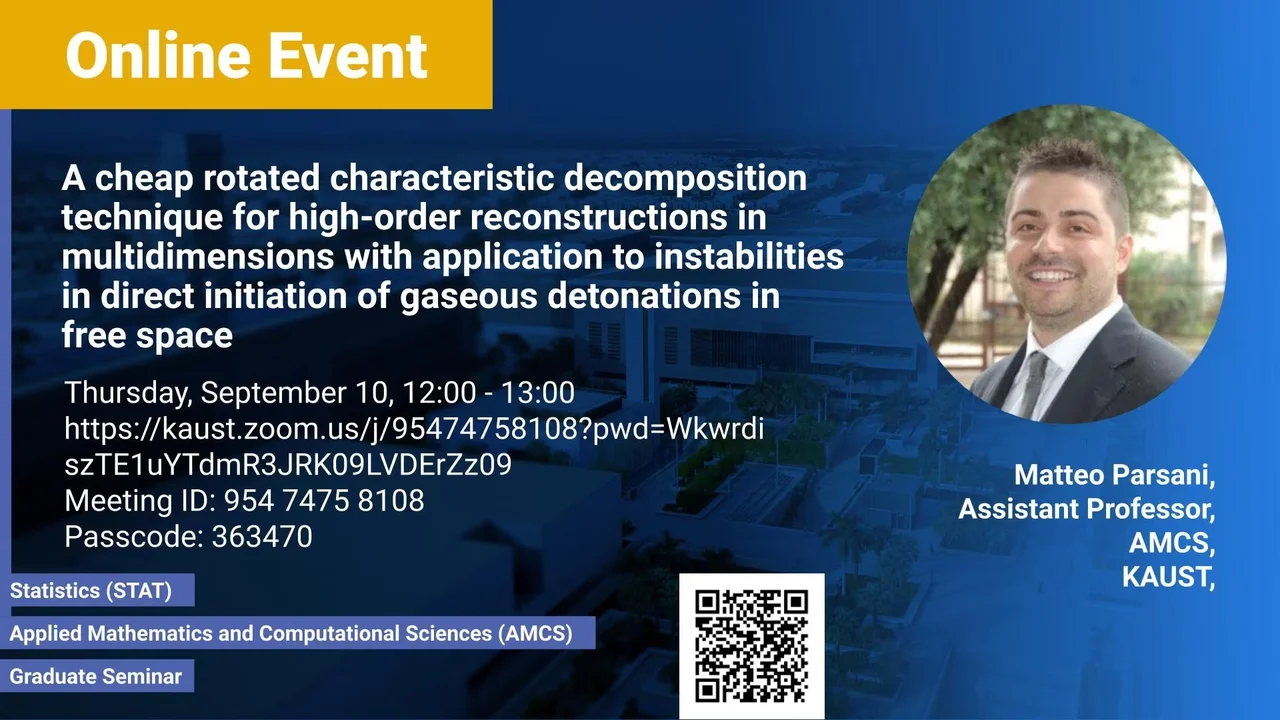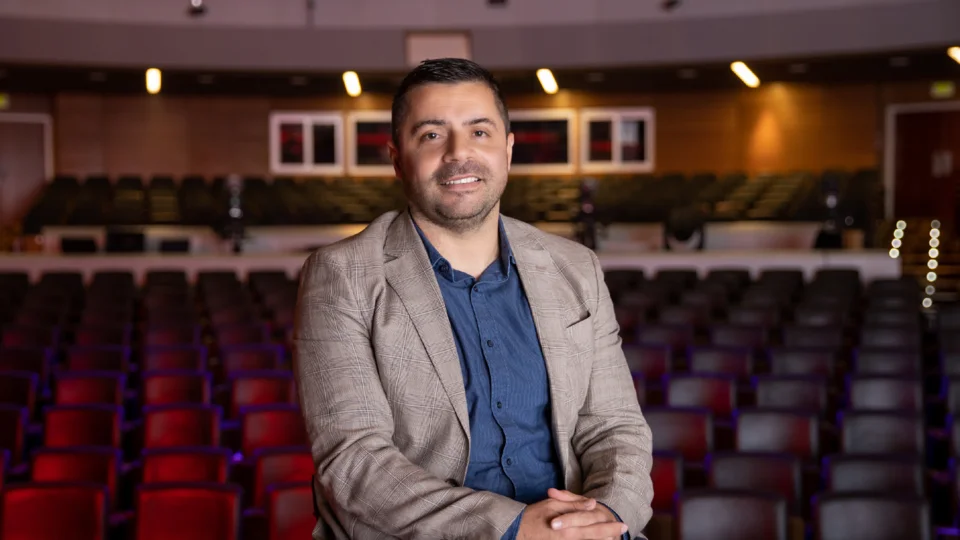
A cheap rotated characteristic decomposition technique for high-order reconstructions in multi-dimensions with application to instabilities in direct initiation of gaseous detonations in free space
When constructing high-order schemes for solving hyperbolic conservation laws with multi-dimensional finite volume schemes, the corresponding high-order reconstructions are commonly performed in characteristic spaces to eliminate spurious oscillations as much as possible. For multi-dimensional finite volume schemes, we need to perform the characteristic decomposition several times in different normal directions of the target cell, which is very time-consuming. We propose a rotated characteristic decomposition technique that requires only one-time decomposition for multi-dimensional reconstructions. This technique not only reduces the computational cost remarkably, but also controls spurious oscillations effectively. We take a third-order weighted essentially non-oscillatory finite volume scheme for solving the Euler equations as an example to demonstrate the efficiency of the proposed technique. We apply the new methodology to the simulation of instabilities in direct initiation of gaseous detonations in free space.
Overview
Abstract
When constructing high-order schemes for solving hyperbolic conservation laws with multi-dimensional finite volume schemes, the corresponding high-order reconstructions are commonly performed in characteristic spaces to eliminate spurious oscillations as much as possible. For multi-dimensional finite volume schemes, we need to perform the characteristic decomposition several times in different normal directions of the target cell, which is very time-consuming. We propose a rotated characteristic decomposition technique that requires only one-time decomposition for multi-dimensional reconstructions. This technique not only reduces the computational cost remarkably, but also controls spurious oscillations effectively. We take a third-order weighted essentially non-oscillatory finite volume scheme for solving the Euler equations as an example to demonstrate the efficiency of the proposed technique. We apply the new methodology to the simulation of instabilities in direct initiation of gaseous detonations in free space.
Brief Biography
Matteo Parsani is an Assistant Professor of Applied Mathematics and Computational Science (AMCS). He is also the principal investigator of the Advanced Algorithms and Simulations Lab (AANSLab) and a member of the Extreme Computing Research Center (ECRC). Professor Matteo Parsani’s research interests are related to the design and implementation of novel, robust, and scalable numerical methods on unstructured grids for hyperbolic and mixed hyperbolic/parabolic partial differential equations. His current focus is on the stability and efficiency of spatial and temporal discretizations and structure-preserving techniques which allow to mimic the results from the continuous level to the discrete one. Application domains that are currently driving his research are computational aero and gas dynamics, dense gas flows simulations and computational aeroacoustics. Matteo holds a M.Sc. in aerospace engineering with a specialization in computational aerodynamics from Politecnico di Milano and a Ph.D. in mechanical engineering from Vrije Universiteit Brussel. After a period as a NASA Postdoctoral Fellow at NASA Langley Research center, in October 2015, Matteo joined KAUST.
